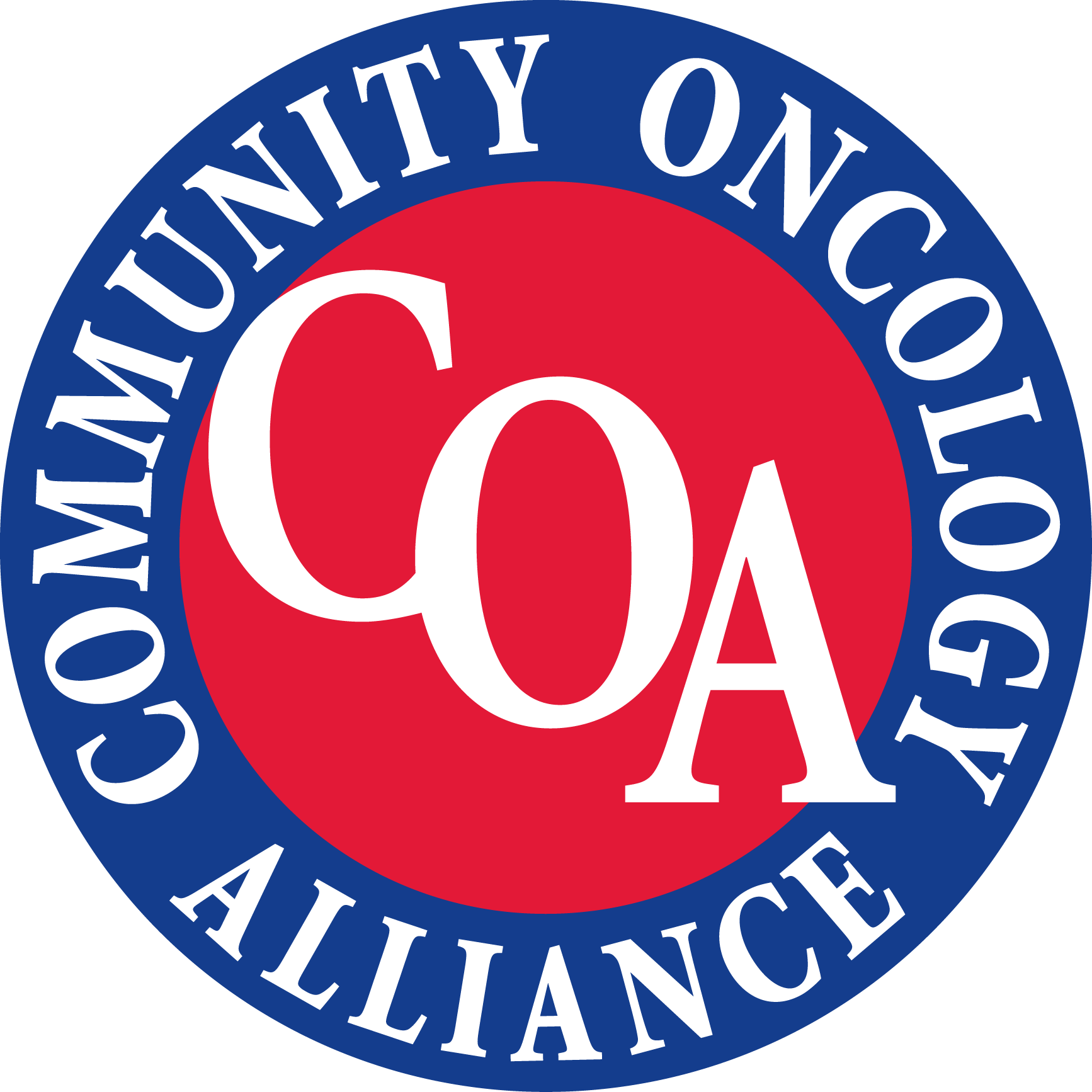
- August 2025
- Volume 31
- Issue Spec. No. 9
- Pages: SP584-SP585
Health Equity Challenges in Community Oncology: Nicolas Ferreyros

Nicolas Ferreyros, managing director, Community Oncology Alliance, discusses key components of health equity and social determinants of health that need to be addressed in cancer care.
Key social determinants of health (SDOH) in cancer care include insurance coverage, transportation, housing, and nutrition, explains Nicolas Ferreyros, managing director, Community Oncology Alliance.
This transcript was lightly edited; captions were auto-generated.
Transcript
What are some of the biggest SDOH issues that need to be addressed in community oncology?
Social determinants of health, which is a broad topic—it means everything from a person's insurance coverage to their ability to pay [for] and afford treatment, including things like transportation, housing, and nutrition—is incredibly important in all aspects of cancer care. It often determines their ability to access screenings at the beginning, before you even know you have a cancer, and to discover that cancer. Then, once you're in active treatment, being able to afford everything from the treatments themselves to being able to go back and forth to each of your doctor's visits.
Really, it's not accurate to just look at an individual, their physical profile of who they are, and their cancer staging. Physicians these days—and the entire care team—really need to understand everything that's going on in that patient's life. That's where social determinants of health and SDOH screenings come into it, because they get a better chance of really understanding who that patient is [and] what that patient is going through and then can really address all of these various issues that may impact their ability to continue with care and treatment and to see it through to the end.
How do cancer outcome disparities differentiate between patient populations?
Cancer is not an equal burden for all Americans. We have incredible disparities based on where you were born, your racial and ethnic profile, your income, and your education levels. And so, disparities are something that we all need to be thinking about and dealing with.
Disparities impact every step of the cancer journey—from initial screening to treatment to survival and outcome. It's incredibly important that we pay attention to the concept of disparities. Regardless of how we want to paint that—if we want to look at it through socioeconomic, racial, or ethnic lenses—there are lots of different ways to understand disparities.
But the modern cancer journey must include an understanding that no one is created equal. There are differences in how we go through our cancer journey and experience. Addressing the root causes of that—whether it's looking at the economic issues a patient may face, from their housing, their nutrition, their access to transportation, to dealing with how they pay for cancer care, which is really, obviously, a very fundamental and longstanding issue—is essential.
Articles in this issue
Newsletter
Stay ahead of policy, cost, and value—subscribe to AJMC for expert insights at the intersection of clinical care and health economics.








